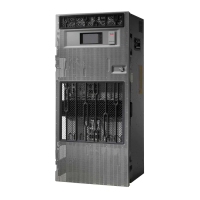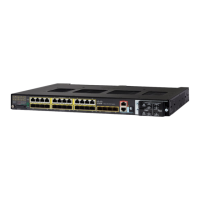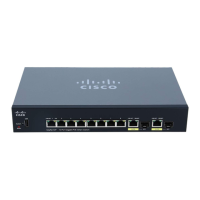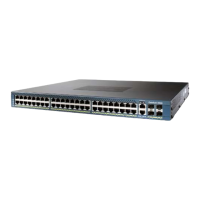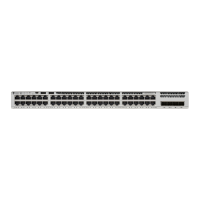• Install an uninterruptible power source for your site, if possible.
Rack Configuration Considerations
See Rack-Mount the Chassis Using Slide Rails, on page 51 for the procedure for rack-mounting the chassis.
Consider the following when planning a rack configuration:
• Standard 19-inch (48.3 cm) 4-post EIA rack with mounting rails that conform to English universal hole
spacing according to section 1 of ANSI/EIA-310-D-1992.
• The rack-mounting posts need to be 2 to 3.5 mm thick to work with the slide rail rack mounting.
• If you are mounting a chassis in an open rack, make sure that the rack frame does not block the intake
or exhaust ports.
• If your rack includes closing front and rear doors, the doors must have 65 percent open perforated area
evenly distributed from top to bottom to permit adequate airflow.
• Be sure enclosed racks have adequate ventilation. Make sure that the rack is not overly congested as each
chassis generates heat. An enclosed rack should have louvered sides and a fan to provide cooling air.
• In an enclosed rack with a ventilation fan in the top, heat generated by equipment near the bottom of the
rack can be drawn upward and into the intake ports of the equipment above it in the rack. Ensure that
you provide adequate ventilation for equipment at the bottom of the rack.
• Baffles can help to isolate exhaust air from intake air, which also helps to draw cooling air through the
chassis. The best placement of the baffles depends on the airflow patterns in the rack. Experiment with
different arrangements to position the baffles effectively.
Cisco Secure Firewall 4200 Series Hardware Installation Guide
50
Installation Preparation
Rack Configuration Considerations
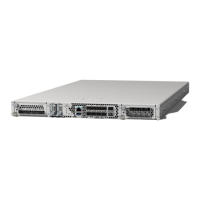
